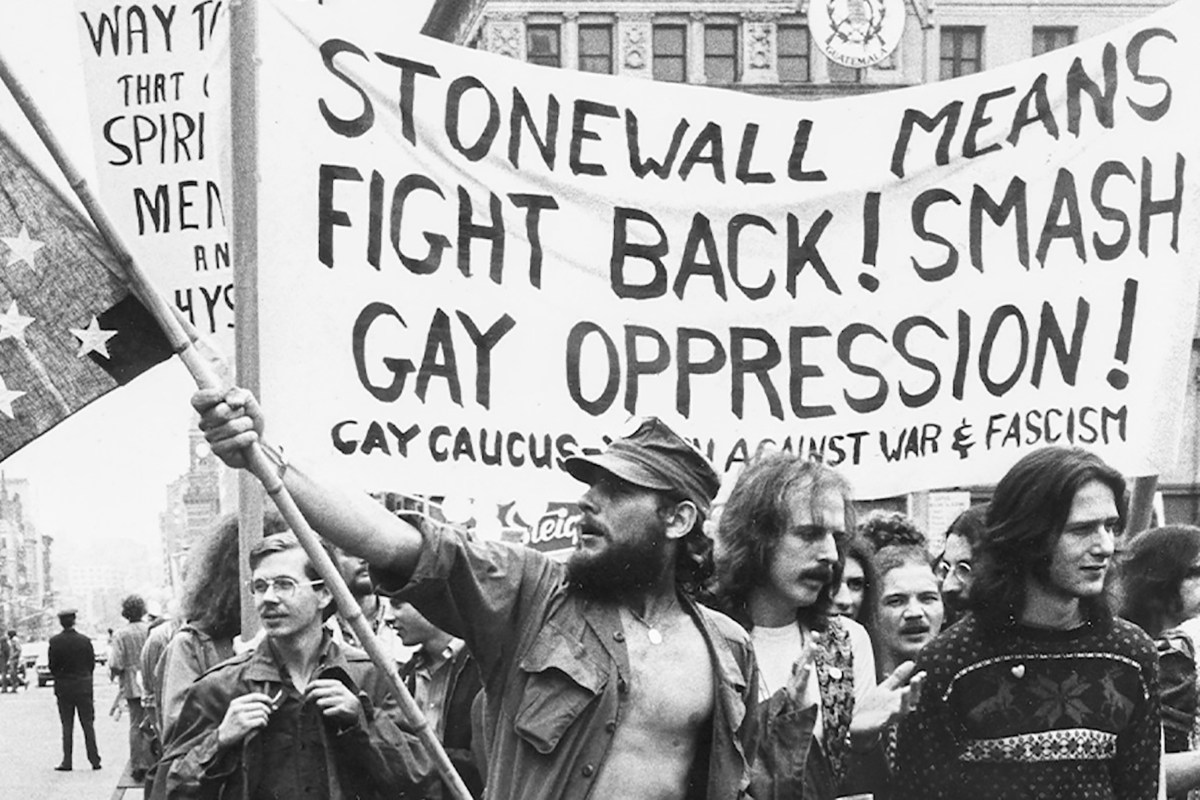When reading historical documents, it is almost certain that the author used many words and phrases that you find wrong. You may think, “There’s no way they can say that today!”
Why is that? What happened between the time the author wrote that document and the time you are reading it? How has history dictated what writers can or cannot say?
If you do not believe history affects our use of language, take a look at question six from the 2010 United States Census:

Now, look at the same question on the 2020 United States Census:
Did you notice that “Negro” is still an option alongside “Black” and “African American” in the 2010 census? In 2020, the term is omitted, and the answer choices have become incredibly more specific. Between 2010 and 2020, the United States government had changed its stance on the term.
This timeline can help to explain the changes in how we refer to African Americans:
Certainly there are other instances of the English language changing as a result of shifts in society.
Gender Equality: Since the 1970′s, women have begun to enter the American workforce and receive higher education. With the rising number of women taking on jobs that were once mainly held by men, Americans have become more conscious when referring to occupations. Salesman is now salesperson. Policeman is now police officer.
In general, Americans have become more accustom to titles being attributed to women as well. In a 1962 speech, President John F. Kennedy supported the work the federal government did to “help young men become doctors”. Now, a doctor, lawyer, and professor are no longer positions assumed to be held exclusively by men.

LGBT Rights: In 1969, the Stonewall Riots occurred in New York City. It is considered the first major protest for gay rights in America. In 2015, the United States Supreme Court ruled in the case of Obergefell v. Hodges and legalized same-sex marriage in America. When delivering the opinion, Justice Anthony Kennedy stated:
“Until recent decades few persons had even thought about or considered the concept of same sex marriage… Outlaw to outcast may be a step forward, but it does not achieve the full promise of liberty…. The nature of injustice is that we do not always see it in our own times.”
Five years later, the Supreme Court ruled in Bostock v. Clayton County that discrimination on the basis of sex includes discrimination on the basis of sexual preference and gender identity. Thus, the Civil Rights Act of 1964 protects members of the LGBT community from discrimination in the workplace.
The greater recognition and acceptance of the LGBT community has led to Americans becoming more aware of how we refer to one another. This means no longer using “he” as a general pronoun, and using “they” instead of “he or she” when gender is not specified. Americans are also more willing to display their preferred pronouns on social media profiles or in emails.

History shows that the meaning of words or the enforcement of some grammar rules can change. The use of these words or rules have implications that change from era to era, or in some case, year to year. Whether it be African Americans, women, or members of the LGBT community, the use of the English language has changed as a result of a greater understanding and acceptance of others in society. So before you dismiss something as “being politically correct,” you should think about the historical implications of what you are writing and saying. Who knows? Maybe some years from now, someone else will read what you wrote and think, “There’s no way they can say that today!”